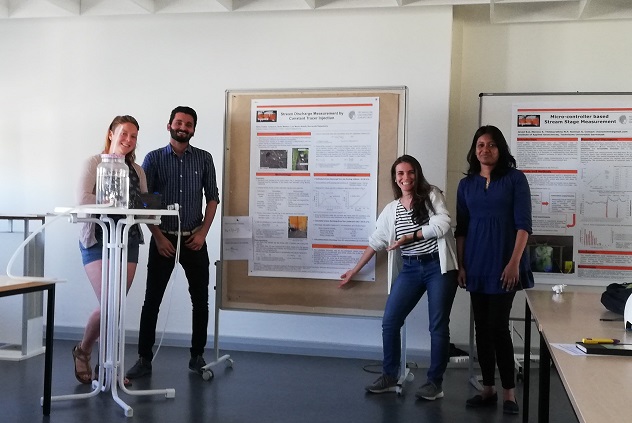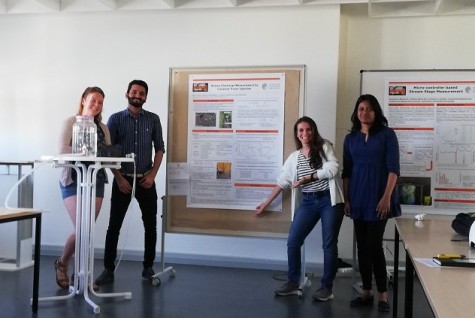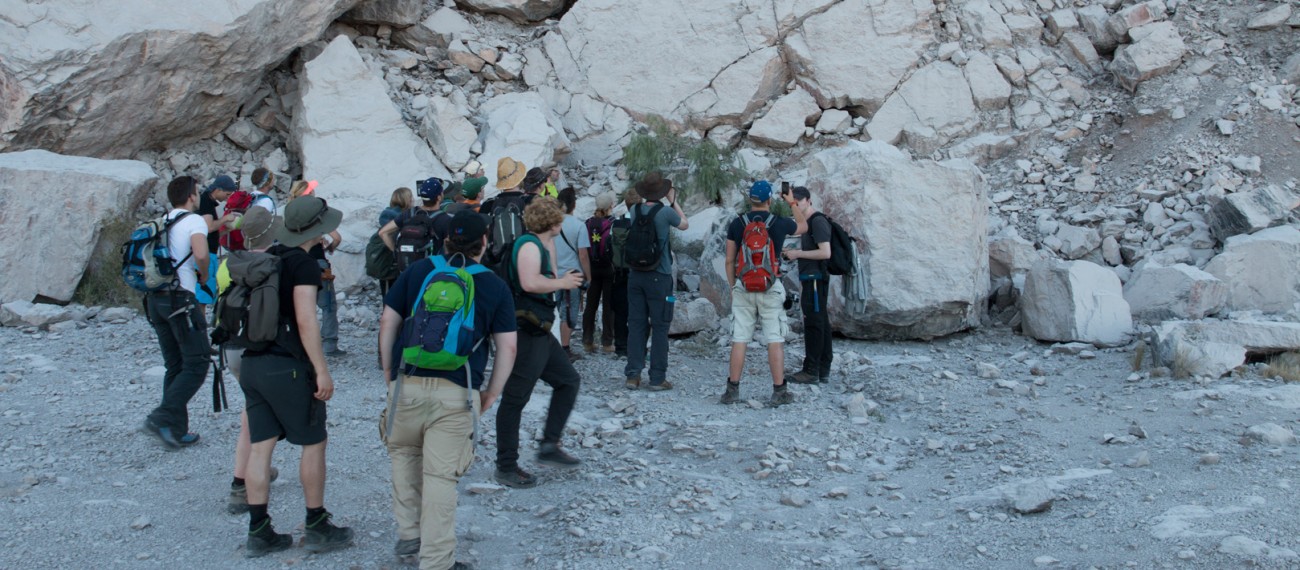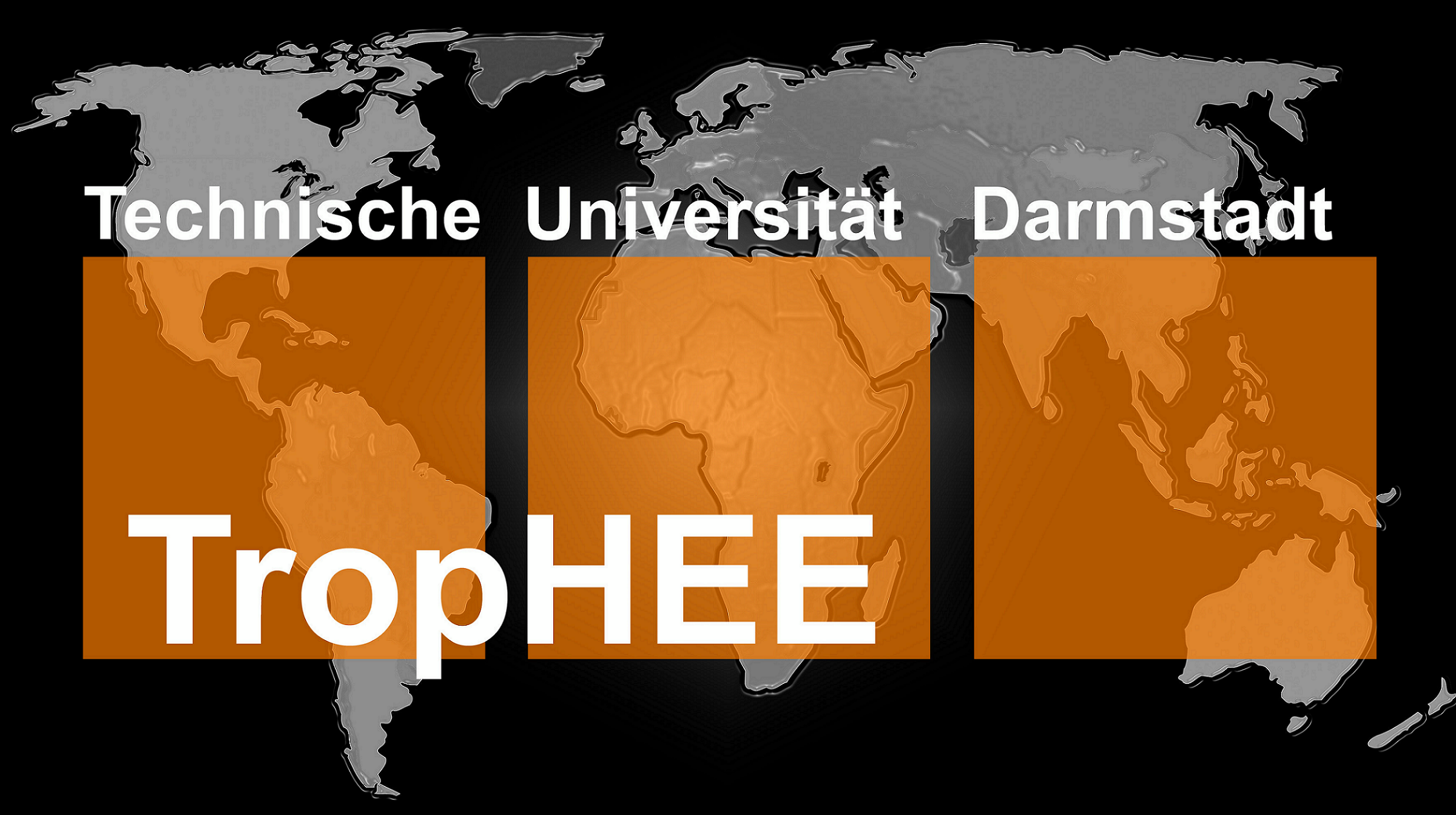Details
Course Focus:
The international Master's Programme Tropical Hydrogeology and Environmental Engineering (TropHEE) aims at deepening and diversifying the students’ knowledge, abilities, and competences in Hydrogeology and Environmental Engineering in the framework of international development cooperation.
Students are trained to help solving the water issues of subtropical and tropical regions. Special focus is put on arid regions with strong water scarcity, but emphasis is also placed on water and soil quality problems within growing mega-cities with dense population and industrial areas. Engineering is taught from a geoscientific perspective, e.g. awareness of local geology and regional water fluxes, hydrogeochemical cycles, or long-term hydrology of groundwater resources etc.


Specialisation:
The programme encompasses two lines of specialisation, one being more geoscience-related focusing on hydrogeology, and one being more engineering-related focusing on environmental engineering. The hydrogeology specialisation includes modules on Hydrogeology, Hydrochemistry, Hydrogeochemistry, Soil and Unsaturated Zone, Aquifer Sedimentology, Isotope and Tracer Techniques, Groundwater Modelling, Geophysical Methods, and Geo-Information Systems (GIS). The environmental engineering specialisation includes modules on Integrated Water Resources Management, Water and Wastewater Treatment, Water Supply Systems, Hydraulic Engineering, Applied Microbiology, and Flood/River Management.
A. Hydrogeology deals with the presence, flow, and chemical properties of groundwater, including interactions with surface water, soils, and rocks.
B. Environmental Engineering addresses geoscientific aspects and engineering techniques primarily in the field of water management but also other environmental engineering topics.
Course Details
Course duration: 4 semesters
Beginning: winter semester
Teaching language: courses are entirely held in English
Costs:
- no tuition fees
- semester fee: approx. 270 Euro per semester, includes a public transport ticket
- costs of living: approx. 800 Euro per month
- additional study costs: approx. 200 Euro per month for travel and accomodation for (a) field trip to a semiarid region, (b) industrial excursion in Germany, (c) field exercises
Credits:
All courses, excursions and the master thesis are awarded credits according to the European Credit Point System (ECTS).
The successful participation in a course is assessed by an examination or by course work.
During the first three semesters, you must acquire a total of 90 credits, while the completion of the Master's Thesis is awarded with another 30 credits.
Please note that the TropHEE programme is currently being re-structured. The new – improved – structure will be binding for students starting their studies in winter term 2021/22. The documents of the new structure will be published in this place as soon as they are available (i.e. after the are adopted by the TU senate)



